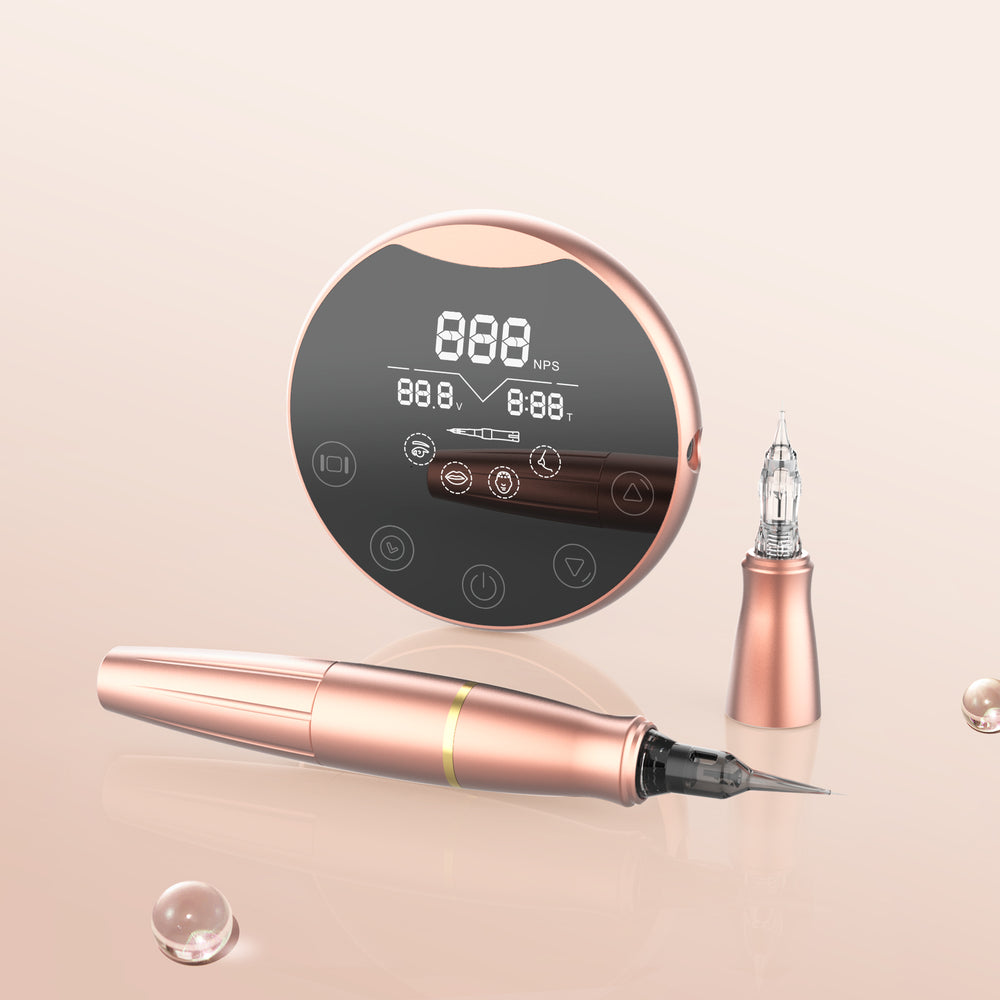When it comes to medical procedures, the size of a needle's diameter plays a crucial role in ensuring the success of the treatment. Understanding the importance of needle diameters in the medical industry is essential for healthcare professionals and patients alike. Let's delve into the significance of needle diameters and how they impact various medical procedures.

The Role of Needle Diameters in Medical Procedures
Needles are used in a wide range of medical procedures, including vaccinations, blood draws, and medication administration. The diameter of a needle determines its flow rate, the amount of pressure required for injection, and the level of discomfort experienced by the patient. For instance, a larger needle diameter allows for a faster flow rate and is often used for procedures that require the rapid administration of fluids or medications. On the other hand, a smaller needle diameter is suitable for delicate procedures that demand precision and minimal tissue damage.
Impact on Patient Experience
The size of a needle's diameter significantly influences the patient's experience during a medical procedure. A larger needle diameter may cause more discomfort and pain, leading to increased anxiety and fear in patients. In contrast, using a smaller needle diameter can minimize pain and tissue trauma, resulting in a more positive patient experience. Healthcare providers must consider the impact of needle diameters on patient comfort and strive to minimize any unnecessary discomfort during medical procedures.
Advancements in Needle Technology
With advancements in medical technology, there has been a continuous effort to develop needles with smaller diameters without compromising their functionality. This has led to the introduction of ultra-thin needles that are suitable for various medical applications, including insulin delivery and pediatric vaccinations. These innovative needles have revolutionized the medical industry by improving patient comfort and compliance with treatment regimens.
Considerations for Healthcare Professionals
Healthcare professionals must carefully evaluate the appropriate needle diameter for each medical procedure based on the specific requirements and the patient's comfort. By understanding the importance of needle diameters, healthcare providers can make informed decisions that optimize the patient experience and the effectiveness of the treatment. Additionally, staying updated on the latest advancements in needle technology enables healthcare professionals to offer the best possible care to their patients.
In conclusion, the significance of needle diameters in the medical industry cannot be overstated. From influencing the flow rate of medications to impacting the patient's comfort, needle diameters play a vital role in medical procedures. By recognizing the importance of needle diameters and embracing innovative needle technologies, healthcare professionals can enhance patient care and contribute to positive treatment outcomes.








